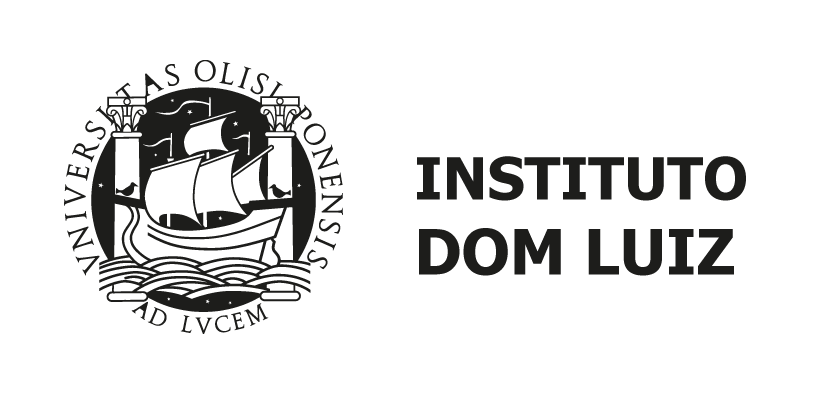IDL at a paleontological expedition in Guadalajara (Spain)
The researcher of the Instituto Dom Luiz (IDL) Pedro Mocho participated in a paleontological expedition carried out last summer by the Grupo de Biología Evolutiva (UNED - Universidad Nacional de Educación a Distancia) on the Cenomanian of Algora (Guadalajara, Spain). These excavation works allowed to collect more than 400 very well-preserved fossils of different vertebrate groups, including crocodiles, fishes, plesiosaurs, turtles and sauropod dinosaurs, several of which could be new species.
The fossils found in Algora indicate a replacement of several European vertebrates with faunas from the southern continental masses (Gondwana, which is nowadays formed by Africa and South America). The first example of this dispersion was the turtle species Algorachelus peregrina, which is a form with origin in Africa and whose remains were found during the first campaign in Algora. The last excavation campaign also resulted in the discovery of several forms of crocodiles, which indicate that some primitive crocodile lineages still survived at the beginning of the Upper Cretaceous, along with forms attributable to more modern lineages.
See some news about these works in the media here.




